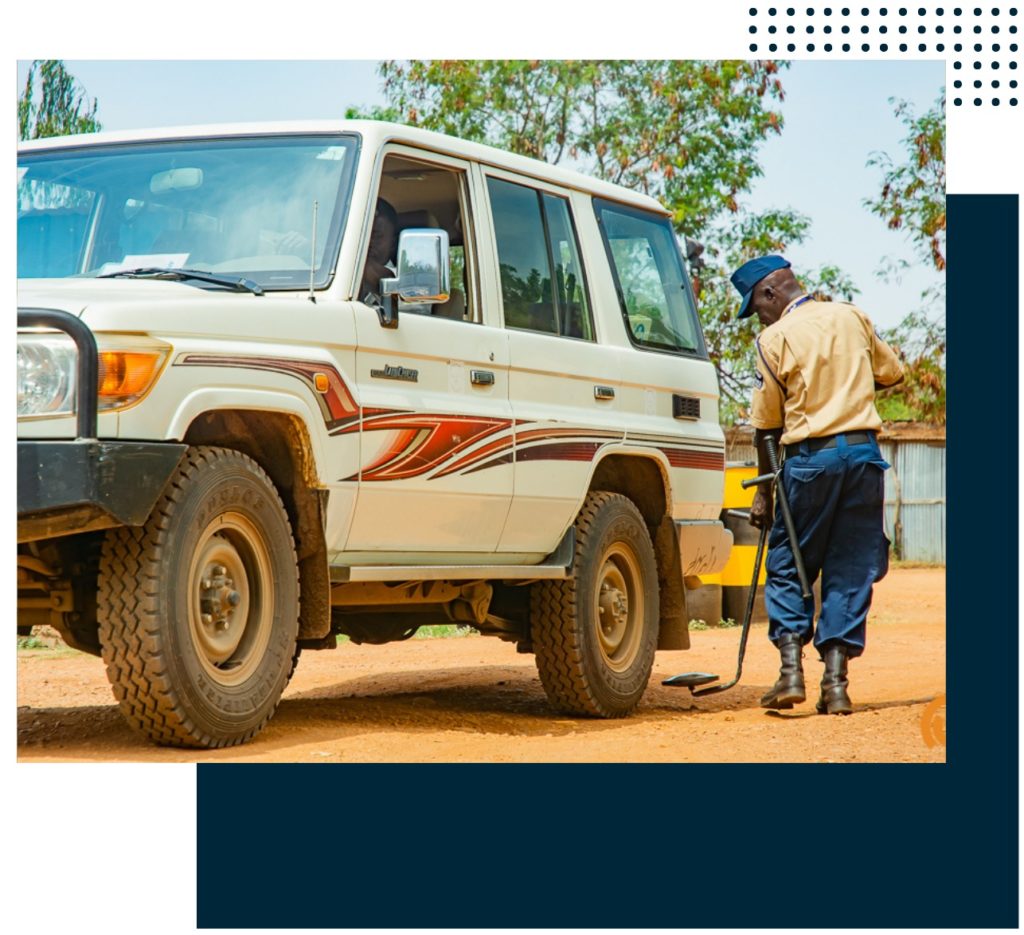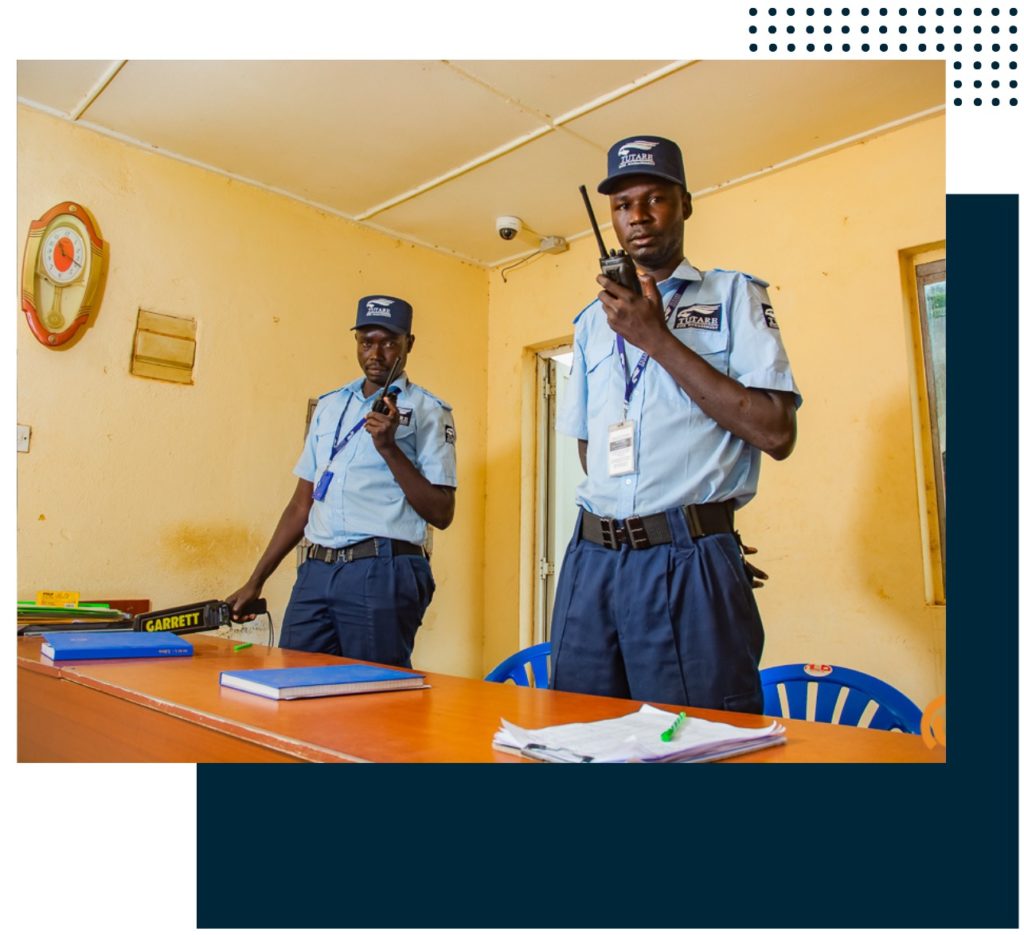TUTARÉ RISK MANAGEMENT – COMPANY PROFILE
Tutaré Risk Management: Providing Sustainable Security Services
ICoCA Transitional Member since June 2022
 Building Back a Safer World
Building Back a Safer World
Since its founding in 2016, Tutaré Risk Management (Tutaré) has provided risk management and commercial security services throughout the African continent. Tutaré’s global headquarters in the United Arab Emirates provides the company’s international clientele base with risk consultancy, intelligence gathering, mobile and physical security, logistics support, secure accommodations, and more.
The name Tutaré comes from the Latin adverb tuto, meaning “without risk or danger” and “to guard against,” concepts that form Tutaré’s foundation. With more than three hundred employees, Tutaré Risk Management holds itself and its staff to the highest industry and human rights standards with a mission to promote peace and security in diverse, complex, and hostile environments.
The Human Face of Private Security
Operating a responsible security company across a wide range of environments can be difficult, but Tutaré believes that the human component of its operations better informs the navigation of challenging landscapes. “The most important facet of our operations is understanding the local environment, the challenges of operating in higher risk environments, and being able to source highly capable and well-trained staff,” explains Paul Scott, Managing Director of Tutaré Risk Management. Tutaré makes a concerted and sustained effort to hire and train highly skilled personnel, who act as the human face of the company throughout all of its areas of operation.
“Tutaré holds its employees to the highest standard of the industry, whether they are operating in the field or in our corporate offices. We understand that when our employees are operating ethically everyone wins – our staff, our clients, and the communities that we affect.”
Mr. Scott believes that being an ICoCA Transitional Member both highlights and contributes to Tutaré’s human rights compliance and due diligence efforts, and that its membership in the Association has bolstered the company’s already high ethical standards.
How Capacity Building Can Foster Human Rights Certification
In addition to its security services, Tutaré Risk Management is dedicated to positively impacting the communities in which it operates, helping build a sustainably safer world through local capacity building. Mr. Scott states that at Tutaré, “we pride ourselves on capacity building in the communities we serve, and ensuring that they have a high standard of living commensurate with the standards we hold our company to.”
 However, Mr. Scott notes that after many years in the industry, it has proven difficult to convince smaller, localised companies of the value of human rights certification, as the process is frequently misinterpreted as a large investment with little return. Mr. Scott explains that even though achieving ISO certification may not be a present priority for some companies, “we do our utmost best to ensure that we flow down all training to our local partners so that they can meet the same levels of compliance” even in the absence of official due diligence procedures.
However, Mr. Scott notes that after many years in the industry, it has proven difficult to convince smaller, localised companies of the value of human rights certification, as the process is frequently misinterpreted as a large investment with little return. Mr. Scott explains that even though achieving ISO certification may not be a present priority for some companies, “we do our utmost best to ensure that we flow down all training to our local partners so that they can meet the same levels of compliance” even in the absence of official due diligence procedures.
But Tutaré believes that there is an opportunity for ICoCA to proactively engage with local security companies and encourage them to prioritise certifications such as ISO 18788. Emphasising that these certifications will not only benefit client companies, but will also allow for better training programs and larger tenders, may instill a stronger interest in local organisations to apply for certification. Larger tenders from clients requiring ICoCA certification may then lead to better working conditions for employees while simultaneously “expanding the pool of security professionals in host countries.”
Alongside Member companies such as Tutaré Risk Management, ICoCA is determined to help improve the private security sector and safeguard the communities that risk management firms strive to protect.
To learn more about Tutaré Risk Management, visit their website.
